What Is a Conventional Loan and How Can It Help You Buy a Home?
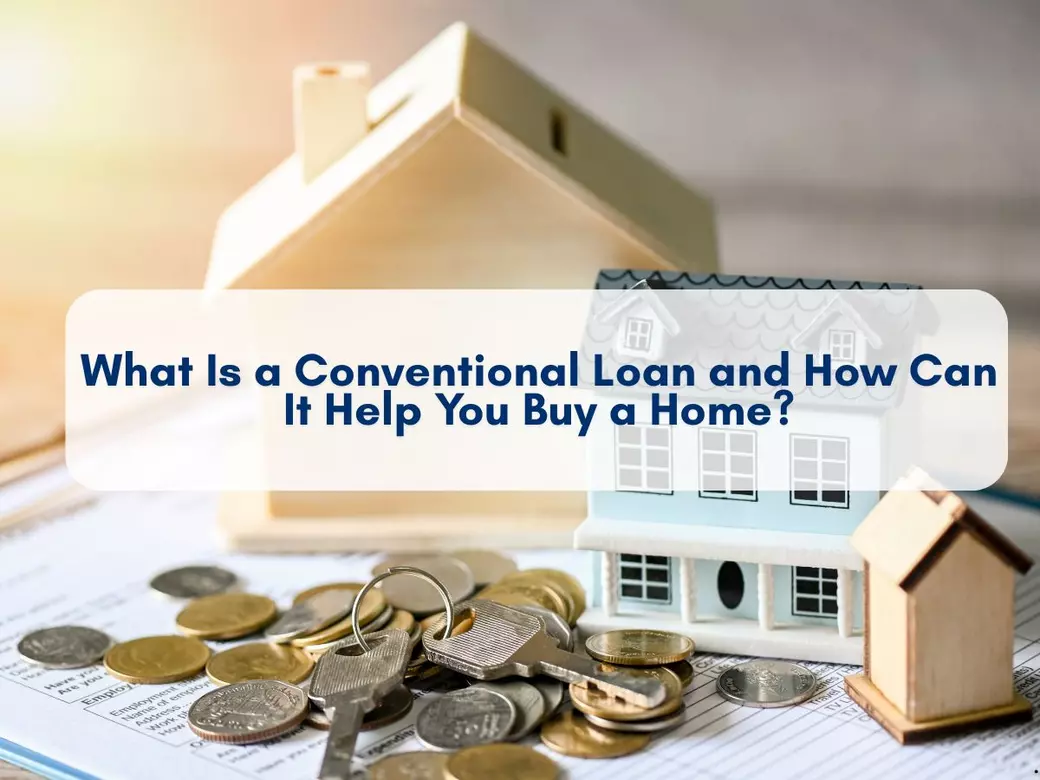
What Is a Conventional Loan and How Can It Help You Buy a Home?
If you're navigating the world of real estate in Virginia—whether you're a first-time home buyer or a seller planning your next move—you’ve likely come across the term “conventional loan.” But what exactly is it? And is it the right choice for you?
Buying a home is a huge milestone, and choosing the right loan is one of the biggest financial decisions you’ll make along the way. Many buyers get overwhelmed by the sea of mortgage options and feel uncertain about which path to take. Conventional loans often get overlooked in favor of government-backed programs, but they can actually be one of the most powerful and flexible tools for homeownership—if you know how to use them. Whether you're trying to avoid mortgage insurance, purchase a second home, buy land to build your dream property, or simply want a loan with fewer restrictions, a conventional mortgage might be the perfect fit. In this blog, we’ll unpack everything you need to know about conventional loans—how they work, who they help, and why they might be your smartest move in today’s real estate market.

Understanding the Basics: What Is a Conventional Loan?
A conventional loan is a type of home mortgage that’s not backed by a government agency like the Federal Housing Administration (FHA), Veterans Affairs (VA), or the U.S. Department of Agriculture (USDA). Instead, it's offered through private lenders—think banks, credit unions, or mortgage companies—and often conforms to standards set by Fannie Mae and Freddie Mac.
These loans can be either conforming (meeting loan limits and guidelines) or non-conforming (like jumbo loans for high-priced areas). Conventional loans are widely used in Virginia and can be customized to fit your financial goals, whether you're buying in a city, suburb, or rural area.
Who Benefits Most from a Conventional Loan?
Whether you’re buying your first home in Fredericksburg, upgrading in Locust Grove, or looking for land in Orange County, conventional loans can offer flexibility you won’t find with some government-backed loans. They're especially helpful for:
-
➡️ First-time home buyers who have saved a solid down payment and have decent credit
-
➡️ Those PCSing to Virginia who don’t qualify for a VA loan (yes, this happens!)
-
➡️ Renters transitioning into homeownership who want fewer restrictions
-
➡️ Land buyers purchasing a buildable lot in rural areas
-
➡️ Home sellers buying their next home and want to use their sale proceeds toward a new place
Even self-employed buyers or those with unique income situations may benefit from flexible underwriting. Plus, conventional loans can be used for second homes or investment properties, which expands your future financial opportunities.
Myth-Busting: You Don’t Need 20% Down!
Let’s get one big myth out of the way: you do not always need 20% down to get a conventional loan. In fact, many lenders allow as little as 3% down for first-time buyers.
That means you can enter the housing market sooner than you thought, especially with local down payment assistance programs available in Virginia. And if you plan to stay in your home and build equity quickly, you can refinance later and eliminate PMI altogether.
How a Conventional Loan Compares to FHA, VA, and USDA Loans
It’s natural to wonder how conventional loans stack up against government-backed options—especially if you’re eligible for more than one.
Conventional vs. FHA:
FHA loans are popular with lower-credit buyers, but they require mortgage insurance for the life of the loan. With a conventional loan, PMI can eventually be removed, saving you thousands over time.
Plus, conventional loans don’t require an upfront mortgage insurance premium like FHA loans do. This can significantly reduce your upfront closing costs, especially for budget-conscious first-time buyers.
Conventional vs. VA:
VA loans are amazing—no down payment, no PMI—but not everyone qualifies. If you’re a military buyer who’s already used your VA benefit or needs to purchase a second home, conventional might be your next best bet.
Additionally, VA loans have specific property and occupancy requirements that can sometimes limit your choices. A conventional loan can give you more freedom in the type of property you purchase, including multi-family or second homes.
Conventional vs. USDA:
USDA loans are for rural areas and have income restrictions. If you’re buying land or a home in a less rural part of Central Virginia, you may not qualify—but a conventional loan can still be a solid option.
Conventional loans also tend to have faster processing times since they involve fewer government layers. This speed can make your offer more attractive to sellers in a hot market.
The Benefits of Conventional Loans (and Why They Matter)
So what makes a conventional loan such a powerhouse? Here’s what stands out:
✅ Flexibility with Property Types
Want to buy a townhome, a single-family house, or even a rural property in King George County or Louisa County? Conventional loans are more versatile in what types of properties they’ll finance—especially second homes and investment properties. You can also use a conventional loan for condos, fixer-uppers, and homes in need of minor cosmetic upgrades. This gives you more buying power and more control over your real estate strategy.
✅ Competitive Interest Rates
Got good credit? Conventional loans often offer lower interest rates than FHA loans for borrowers with higher credit scores. Even a small difference in rate can save you thousands over the life of the loan. Plus, conventional rates are more stable, which is great for long-term planning.
✅ No Upfront Mortgage Insurance Fee
Unlike FHA and VA loans, you won’t pay an upfront fee at closing, which means lower initial costs. That can leave you with more money for furniture, repairs, or moving expenses. It's an ideal choice if you want to keep your cash flow flexible after closing.
✅ More Control
Conventional loans don’t come with the same strict property condition requirements as VA or FHA. That can make the process less stressful, especially if you're buying an older home that may need minor repairs. You'll have more freedom to negotiate repairs or buy “as-is” properties, especially in rural markets where older homes are common.
Real Talk: What’s the Catch?
No loan is perfect, and conventional mortgages do come with a few things to consider:
-
Stricter credit requirements: You’ll usually need a score of 620 or higher.
-
PMI for low down payments: It adds to your monthly cost, but remember—PMI can be removed later.
-
More documentation: You’ll need to show solid proof of income, assets, and employment.
If you're self-employed or have non-traditional income, this process may take longer—but it's doable with the right guidance. Working with a local lender (and real estste agent) who understands Virginia’s market can help smooth the path and reduce surprises.
Can You Use a Conventional Loan to Buy Land?
Absolutely! In fact, if you’re dreaming of building your custom home on a few acres in Unionville for example, a conventional loan might be your best option—especially if you're purchasing land that already has road access and utility hookups.
Some lenders even offer land and construction loan packages, (Construction-to-Permanent) allowing you to finance both the lot and the build under one mortgage. This can streamline the process and reduce closing costs.
How to Know If a Conventional Loan Is Right for You
Ask yourself these questions:
-
Do I have a credit score above 620?
-
Can I put down at least 3-5%?
-
Am I looking for a primary, secondary, or investment home?
-
Do I want the option to remove PMI later?
-
Do I want to avoid government loan restrictions?
💡If you answered yes to any of those, a conventional loan could be your path to homeownership—or your next investment. Even if you’re unsure, getting pre-qualified will give you a clearer picture of what’s possible. A good lender can compare loan types side-by-side to help you make the best choice for your future.
The Power of Pre-Approval with a Conventional Loan
Before you start scrolling Zillow or walking through open houses, getting pre-approved for a conventional loan can give you a serious edge—especially in competitive markets like Fredericksburg or Spotsylvania. Pre-approval shows sellers you’re not just window shopping—you’re financially ready to make a real offer. It also helps you shop confidently within your budget, reducing the risk of falling in love with a home you can’t afford.
A conventional loan pre-approval is especially powerful because it typically reflects stricter lending standards, like higher credit requirements and lower debt-to-income ratios. That means when you’re pre-approved you often appear as a more reliable and financially stable buyer to sellers and listing agents. This can tip the scales in your favor during multiple-offer situations, making your offer more appealing—even over buyers with government-backed financing. Plus, since conventional loans can move faster through underwriting, your closing timeline may be shorter, giving you an additional advantage in a time-sensitive market.
Final Thoughts: Conventional Loans Are More Accessible Than You Think
Don’t let the term “conventional” fool you into thinking it’s only for seasoned buyers or those with perfect credit and this type of loan could be the stepping stone to your next big move. In a world where interest rates, market shifts, and economic uncertainty make buying a home feel daunting, the conventional loan remains a reliable, adaptable choice for buyers who want to build equity, reduce long-term costs, and stay in control of their mortgage. It offers the perfect balance of flexibility, affordability, and long-term value for many Virginians—especially if you’re ready to break free from renting or need a strategic way to invest in property.
If you're not sure where to start, the key is having the right guide. With a professional local REALTOR® by your side and a clear understanding of your financing options, you'll be equipped to move forward with confidence and secure the home—or land—you’ve been dreaming about.
Categories
Recent Posts
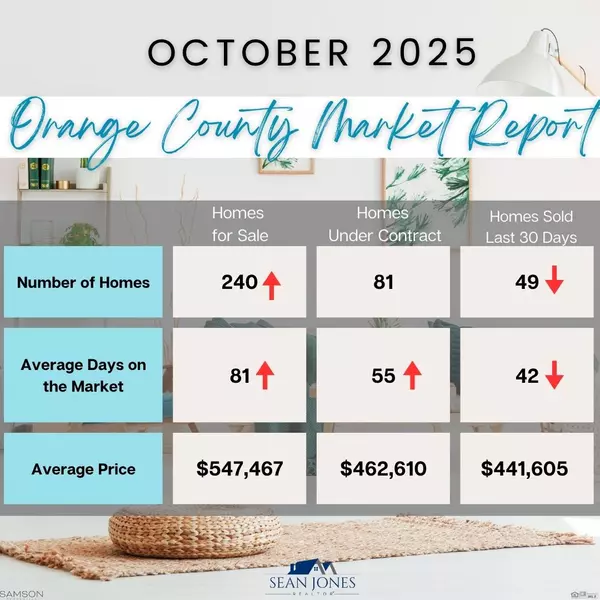
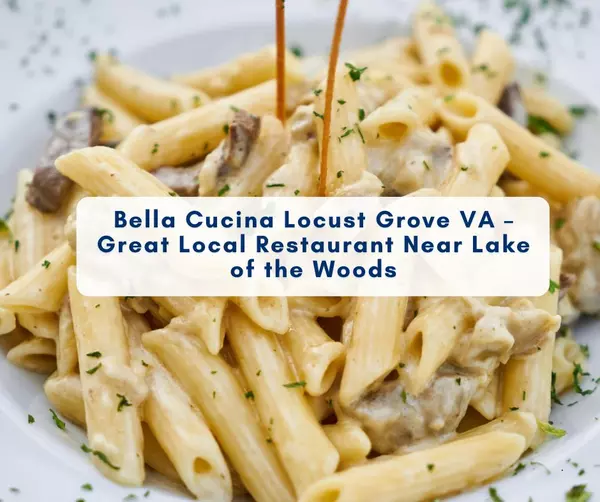
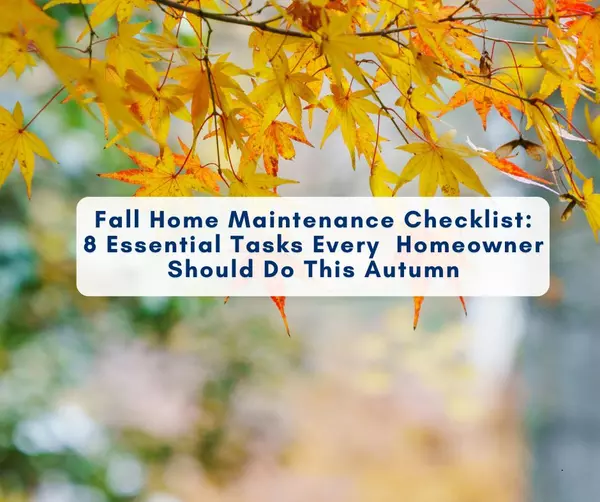
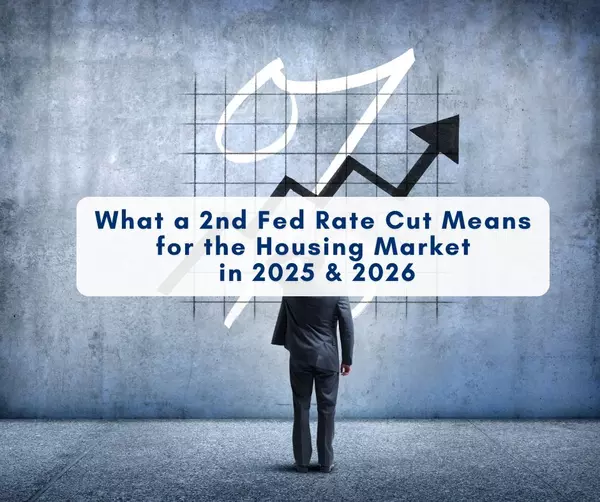
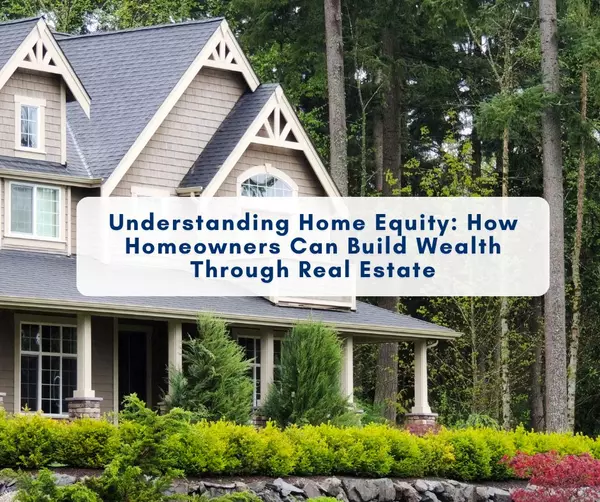
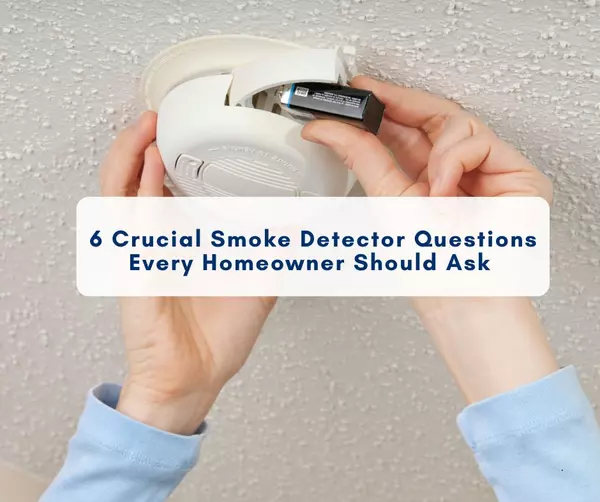
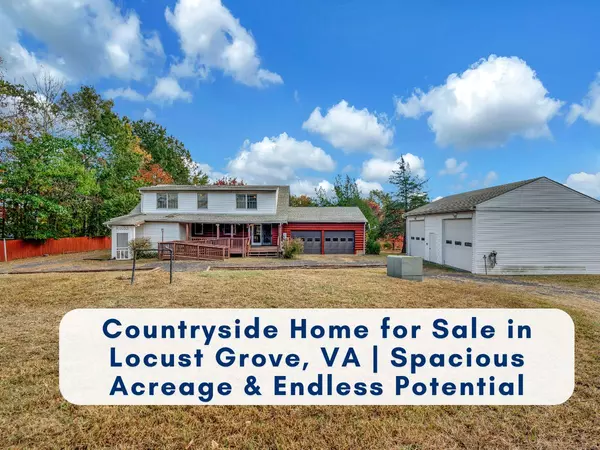
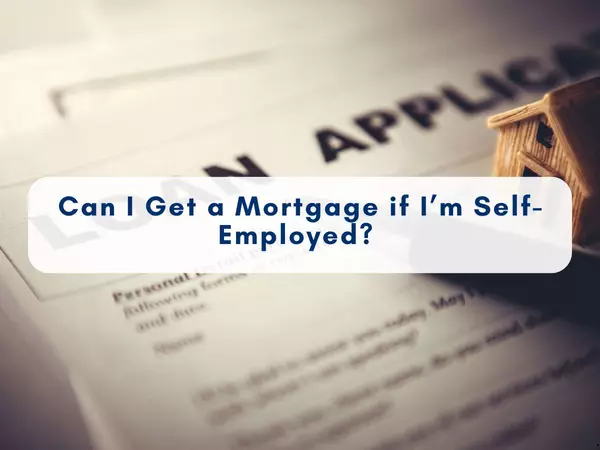

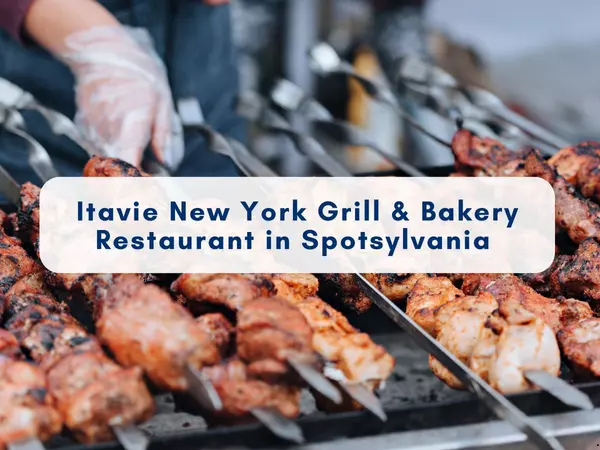

Buying a home isn’t just a financial decision—it’s a deeply personal journey filled with hopes, dreams, and big life changes. That’s why choosing the right real estate professional is one of the most important steps you can take.
A knowledgeable and experienced REALTOR® does more than open doors and write offers. They’re your advocate, your problem-solver, and your steady guide through what can sometimes feel like an overwhelming process. Whether it's navigating a competitive market, negotiating on your behalf, or keeping things on track behind the scenes, the right agent is there to protect your interests every step of the way.
In the end, buying a home should be an empowering experience. With the right person by your side—someone who brings both expertise and heart—you can move forward with confidence, knowing you're in good hands with Sean Jones.
GET MORE INFORMATION
